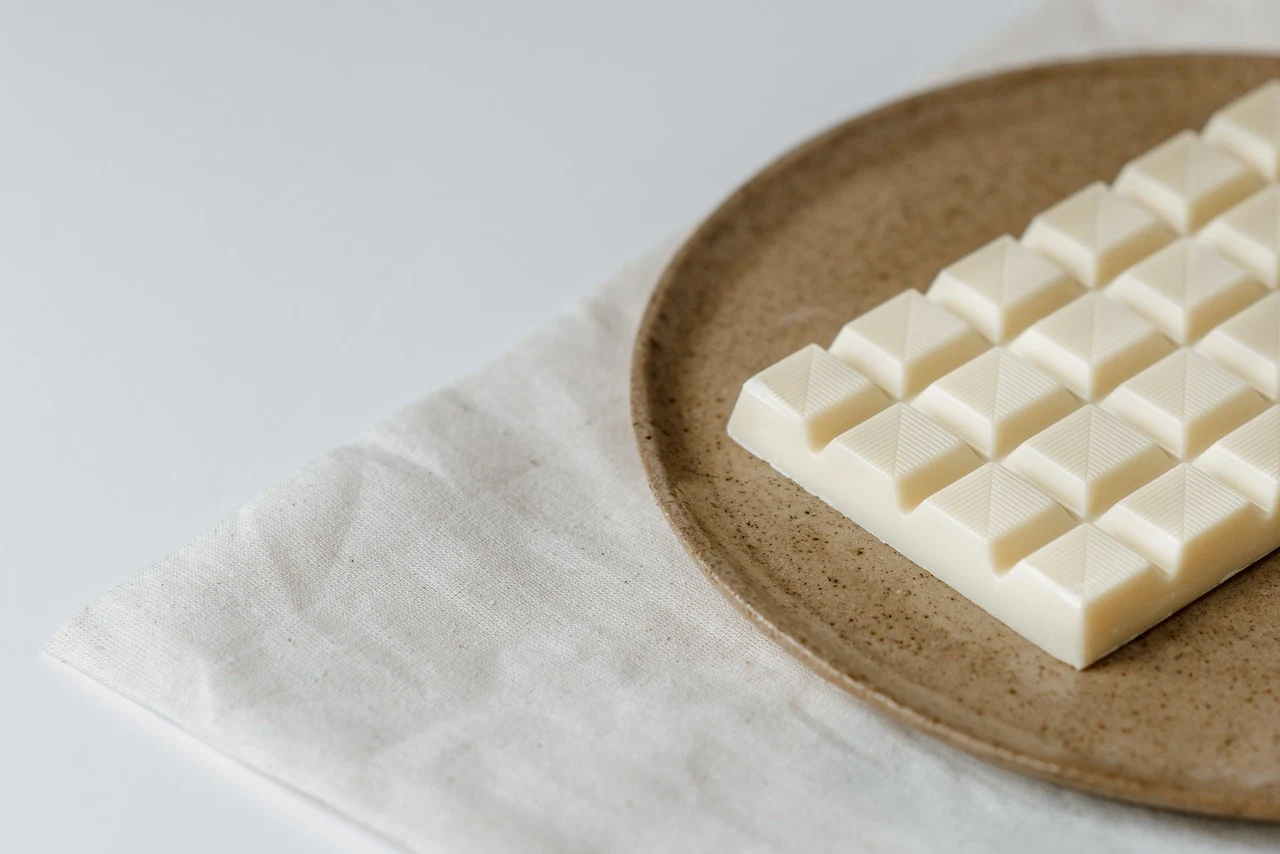Nutritional needs vary between men and women. Men generally have more muscle mass and are larger in size than women, so caloric needs are greater. Men don’t need as much calcium than women, who have a higher risk of developing osteoporosis. So what men eat should differ a little from women.
But what should men eat, and eat more of?
Let’s start by identifying what men need to avoid.
What Food Products are Bad for Men?
Most food products are usually OK; some just need the occasional consumption, others just need better, wholesome ingredients as opposed to the processed stuff. But in some grocery aisles, you’ll find items that shouldn’t be in your pantry.
Toaster Pastries
They’re convenient, for sure, when you must dash out in the morning and need something with your coffee. The problem with these convenient breakfast items is they lack the protein you need to get started. A typical product would be loaded with sugar and contain 190 calories or more; fiber and protein aren’t usually found in a toaster pastry.
Rib Eye Steak
There goes the barbecue menu. This piece of meat may be delectable, but it’s loaded with fat. And it’s not the good kind your body needs. A typical marbled rib eye contains saturated fat.
American Cheese
Is it real cheese? Turns out, American cheese is 51 percent cheese curds and the rest are additives, preservatives and whey. That makes it a processed cheese product that’s high in sodium. Eat enough of it and you may put yourself at risk for heart disease, high blood pressure and kidney problems.
Bottled Coffee
Much like packaged toasted pastries, bottled coffee contains an excess amount of sugar. Calories are typically at 270 or more, which may affect male hormones in the worst way possible.
Lunch or Processed Meats
Fatty lunch meats like salami and hotdog may be tasty sandwich (or pizza) ingredients. But these meat products are high trans fats. Not only do you risk heart disease by consuming too much of these processed meats, but you could also be at risk for colon cancer.
White Chocolate
Do you have a sweet tooth, and are you particular to white chocolate? It’s delightful all right, especially when melted down to make a fondue. But milk chocolate isn’t as health as dark chocolate; at 3 ounces, it white chocolate will contain 50 grams of sugar. Eat too much and you could suffer more than a tooth decay.
Soda (Even the Diet Kind)
Any drink with artificial sweetener is never good for the body — male or female. You’ll not only deal with potential weight gain and dental problems (if you don’t go to your dentist regularly), but you could also be at risk for diabetes in the long run. Diet sodas are especially problematic since you’re likely to consume them more, thinking they have less to zero calories. It may contain less carbs than regular sodas, but these carbonated drinks still have no nutritional value and may have additives that could harm you.
Whole Milk
Whole milk sounds good enough for your health since milk contains calcium. Calcium is essential for bone health as well as heart health, never and muscle functions. But drinking too much of it may make your bones brittle. Whole milk, especially, is high in fat, which may raise your LDL cholesterol and cut your HDL cholesterol. LDL is the bad kind of cholesterol and HDL is the good kind of cholesterol.
Other Dairy Products
Another problem for men’s diet is consuming too much dairy products, from butter to cheese. Dairy products natural and synthetic hormones that have an effect on testosterone levels. Most cows are also fed with animal feed containing soy, and soy can increase the levels of estrogen. Low levels of testosterone may affect sex drive, sperm count and erection.
Protein Bars
When you’re working out or want something to munch on after a weightlifting triumph, a protein bar may sound like a convenient snack. Although most brands tout the nutrition of their products, many protein bars are loaded with sugar.
The food products you see here have better substitutes; most will be OK to eat but in moderation, like milk and steak. When in doubt, consult with a nutritionist. If you have weight goals or are dealing with a health condition, a medical professional would offer much wisdom and help you make the right food choices.


